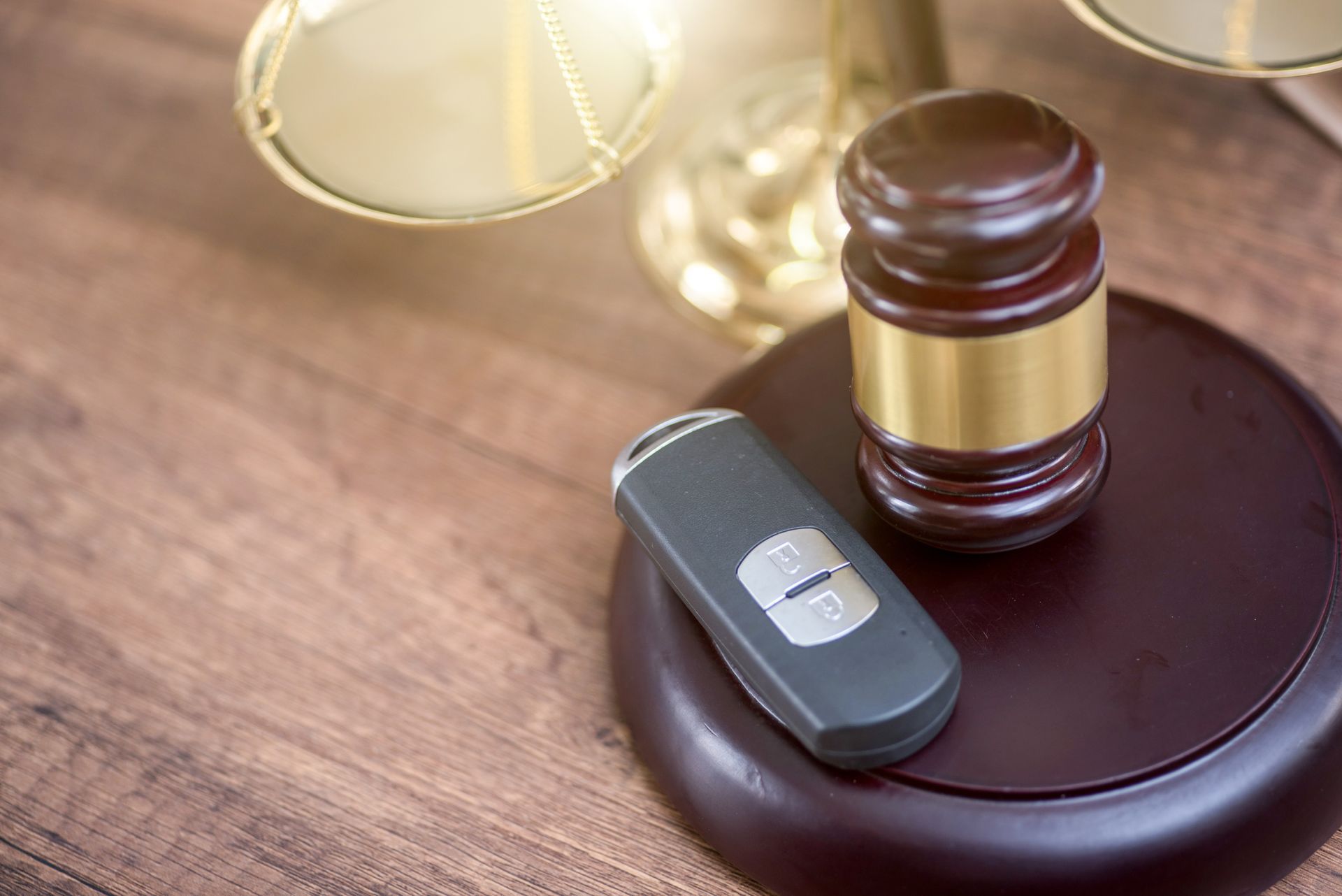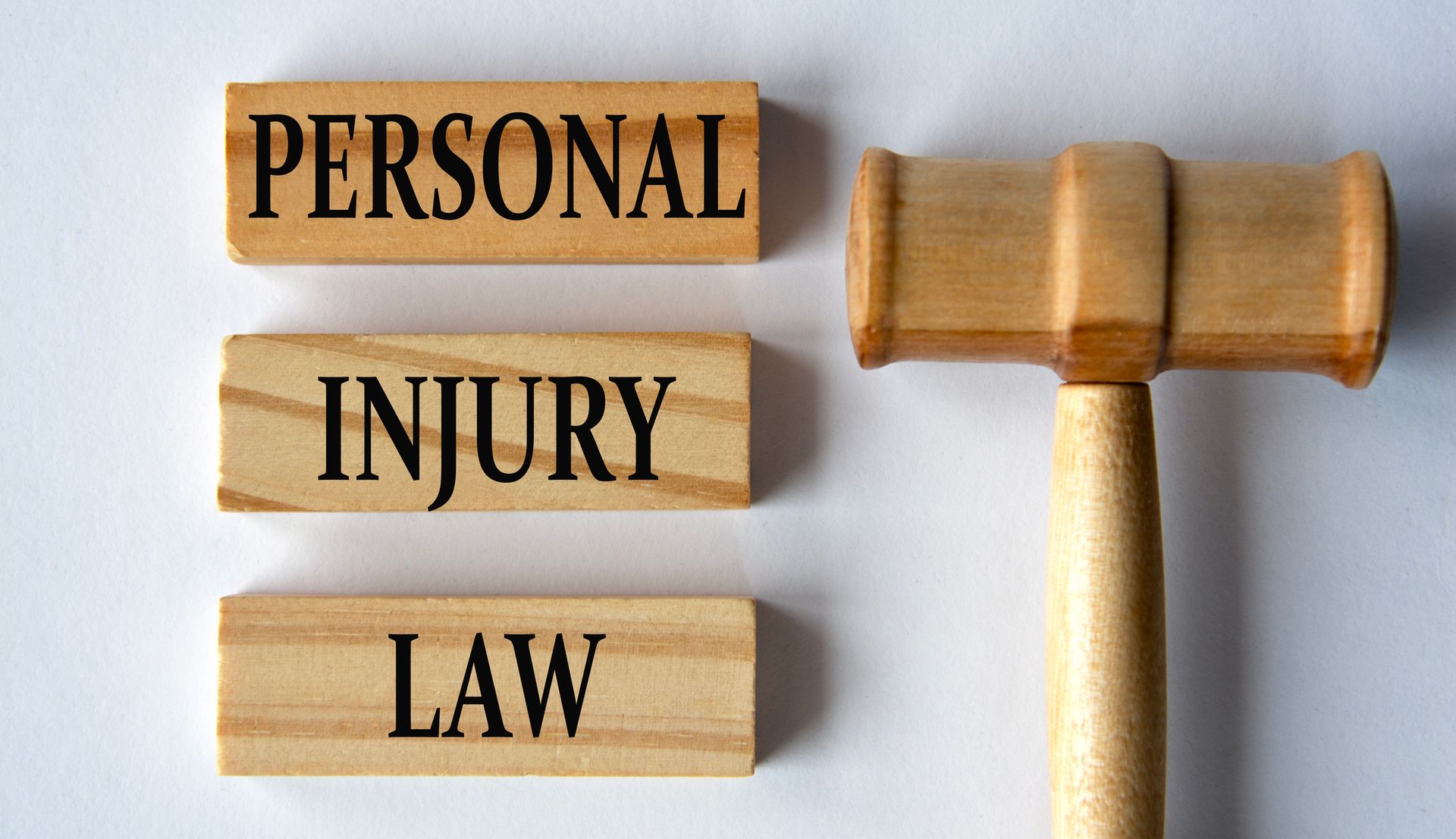TWO CASES THAT COULD CHANGE THE INTERNET
The Future of Section 230
A DEFINING MOMENT FOR THE INTERNET—AND THE SUPREME COURT
This week, the Supreme Court of the United States will hear oral arguments on two cases involving the Internet and Section 230 of the CDA. The cases, Gonzalez v. Google and Taamneh v. Google, both ask SCOTUS to examine the immunity provided by Section 230 to Internet platforms such as Google, Twitter, Facebook etc. Because Section 230 has been in effect since the very beginning of the Internet, any change to its scope will necessarily have an outsized impact on these platforms, their users and start-ups. Thus, the very nature of the Internet is before the Court this week.
WHAT THE CASES ARE ABOUT
The Supreme Court granted certiorari in Gonzalez v. Google LLC, 2 F.4th 871 (9th Cir. 2021) on the following question presented: “Does section 230(c)(1) immunize interactive computer services when they make targeted recommendations of information provided by another information content provider, or only limit the liability of interactive computer services when they engage in traditional editorial functions (such as deciding whether to display or withdraw) with regard to such information?” This is the first opportunity the Court has taken to interpret 47 U.S.C. § 230 (“Section 230”) since the law was enacted in 1996.
In Gonzalez, Nohemi Gonzalez was a 23-year-old American studying in Paris, who was killed after individuals affiliated with the terrorist group ISIS opened fire on a café where she and her friends were eating dinner. According to her family’s lawyers, she was one of 129 people killed during a November 2015 wave of violence in Paris for which ISIS claimed responsibility. In the wake of Gonzalez’s murder, her estate and several of her relatives sued an unlikely defendant: Google. Their theory is that ISIS posted “hundreds of radicalizing videos inciting violence and recruiting potential supporters” to YouTube, which is owned by Google. Significantly, the Gonzalez family’s lawyers also argue that YouTube’s algorithms promoted this content to “users whose characteristics indicated that they would be interested in ISIS videos.” A court in the Northern District of California found that Section 230(c)(1) protected Google against the claims, and the U.S. Court of Appeals for the Ninth Circuit affirmed.
The companion case, Twitter v. Taamneh, asks whether a company can be held liable for “aiding and abetting” terrorism if any pro-terrorism content appears on its platform (even if the company aggressively removes most pro-terrorism speech). Twitter argues the Court should also consider the Ninth Circuit’s application of the Anti-Terrorism Act. Per Twitter’s filing, Taamneh is an outlier; a dozen other ATA cases against social media platforms have been dismissed, and those dismissals have been upheld in the U.S. Courts of Appeals for the Second, Fifth, Sixth, and Eleventh Circuits. They contend that the Ninth Circuit mischaracterized the platform’s “attenuated relationship” with an act of international terrorism as “knowing.” Twitter argues that “they provided generic, widely available services to billions of users who allegedly included some supporters of ISIS” and are not liable under the Justice Against Sponsors of Terrorism Act, or JASTA, for aiding or abetting. (The ATA relates to domestic terrorism, and the JASTA relates to acts of foreign terrorism.)
SECTION 230
47 U.S.C. Section 230 states: “No provider or user of an interactive computer service shall be treated as the publisher or speaker of any information provided by another information content provider.”
Section 230 is credited with creating the internet we have today, as well as much of the tech industry itself. Without the sweeping immunity from liability offered by Section 230, platforms such as Facebook, Google, Twitter, et al., would not have been able to grow into the behemoths they are today. In recent years, however, many question whether the broad protection from liability these companies enjoy is appropriate, and whether that protection has led to a digital space akin to the Wild West. Some experts suggest that the algorithms that moderate content on platforms can be compared to editors at publications, thereby making platforms publishers—and liable for their content.
PLATFORM v. PROMOTER
The Gonzalez case is a bit more nuanced than simply trying to hold a company accountable for the content it allows on its platform. The plaintiffs in the Gonzalez case stated: “We’re not just seeking to treat YouTube as a publisher. What we’re going after YouTube for is the targeted promotion of certain content.” If people are searching for things related to ISIS, YouTube will, at least according to the complaint, recommend similar content. This is part of the radicalization and propaganda process. What the plaintiffs in the Gonzalez case are saying is that it’s that sort of algorithmic promotion of terrorist content that is not within the scope of Section 230. The Gonzalez plaintiffs effectively argue that a website is not protected by Section 230 when it “affirmatively recommends other party materials,” regardless of whether those recommendations are made by a human or by a computer algorithm.
While the factual scenario in both cases is unusual—the families of victims of terrorism seeking to place liability on the platforms that the terrorist organizations used—the cases both attempt to pierce the veil of immunity provided by Section 230. Gonzalez asks whether Section 230 immunity disappears if a platform recommends or amplifies problematic content to users. Taamneh asks whether a company can be held liable for “aiding and abetting” terrorism if any pro-terrorism content appears on its platform (even if the company aggressively removes most pro-terrorism speech).
As noted above, oral arguments on these cases are scheduled for February 21-22 of this week. Many Court experts and observers think that SCOTUS’ decision to hear these cases can only mean that it intends to redefine the scope of protection afforded by Section 230. So far, this Court has shown a willingness to act where Congress has not. We will soon see if that willingness extends to the Internet.
CONTACT YOUR ATTORNEY
If you or someone you know has been injured in an accident, contact Dave Thomas at The Thomas Law Firm for a free consultation about your legal claim.








